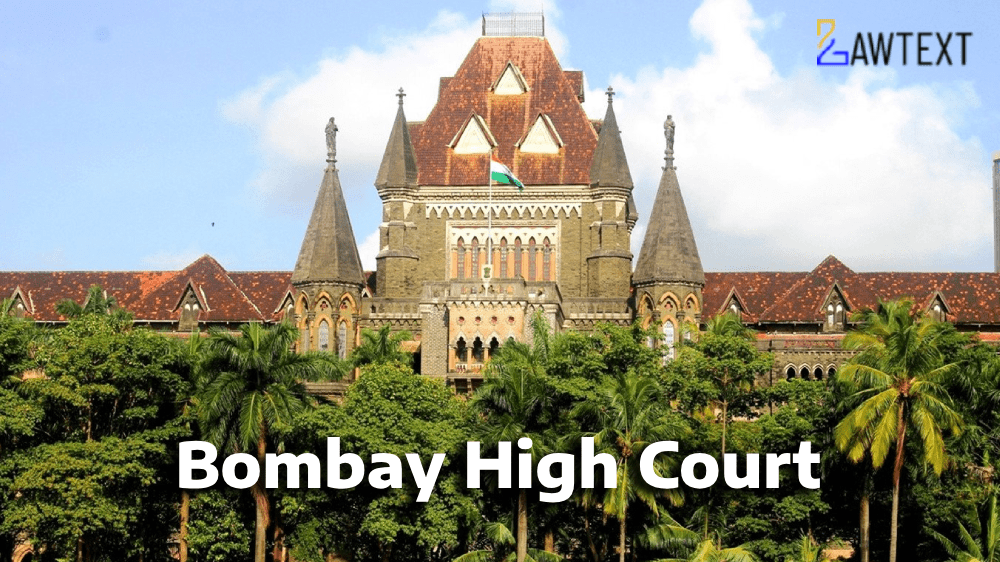

The court ruled that the classification made under the scheme had a rational nexus with its objective and did not suffer from arbitrariness. The legislative intent behind the scheme was to promote higher education without distinguishing between postgraduate and doctoral applicants. Courts should refrain from interfering in state policy matters unless they are manifestly arbitrary or unconstitutional.
The High Court dismissed the petition, affirming that the screening criteria did not violate constitutional principles. The court emphasized the legislative prerogative in framing policy and stated that judicial review of policy decisions should be exercised with caution.
MAJOR ACTS AND SECTIONS:
Constitution of India, 1950 – Article 14 – Right to Equality
Constitution of India, 1950 – Article 15 – Prohibition of Discrimination
Constitution of India, 1950 – Article 16 – Equality of Opportunity in Public Employment
SUBJECTS: Screening Criteria, Reasonable Classification, Judicial Review, Scholarship Scheme, Legislative Prerogative, Doctoral and Postgraduate Studies, Policy Matters
NATURE OF THE LITIGATION: Writ Petition under Article 226 of the Constitution of India challenging the screening criteria under the Manohar Parrikar Goa Scholars Scheme, 2018
PETITIONER'S RELIEF SOUGHT: Quashing of letter/order no. MPGSS/01/2023/695, dated 12.09.2023 and the selection lists drawn by the Director of Higher Education, including the list of selected candidates for the academic year 2022-2023
REASON FOR FILING THE CASE: Alleged violation of Articles 14 and 15 of the Constitution of India due to the non-segregation of postgraduate and doctoral applicants in the selection process
PREVIOUS DECISION: Petitioner’s representation rejected by order dated 12.09.2023
ISSUES:
Whether the screening criteria under the scheme violated Article 14 and Article 16 of the Constitution of India
Whether the scheme’s failure to distinguish between postgraduate and doctoral applicants amounted to unreasonable classification
Whether the court could interfere with the state’s policy decision in a social welfare scheme
SUBMISSIONS/ARGUMENTS:
Petitioner’s Arguments: a) The screening criteria were arbitrary and lacked reasonable classification, treating unequal applicants equally. b) The 100-point scale used for shortlisting did not consider postgraduate marks, placing doctoral applicants at a disadvantage. c) The scheme’s selection process was discriminatory and violated Articles 14 and 16 of the Constitution.
Respondents’ Arguments: a) Petitioner voluntarily applied under the scheme without challenging its provisions at the outset. b) The shortlisting process adhered strictly to the notified guidelines and was not discriminatory. c) Courts should not interfere in state policy matters unless they are arbitrary, capricious, or violate constitutional provisions.
CASE CITATIONS REFERRED:
U.P. Power Corporation Ltd. v. Ayodhya Prasad Mishra, 2008 10 SCC 139
M.P. Rural Agriculture Extension Officers Association v. State of Madhya Pradesh, 2004 AIR (SC) 2020
Dev Gupta v. PEC University, 2023 AIR (SC) 3723
Sri Sri Ravishankar Vidya Mandir, Osmanabad v. Govt. of India & Ors., 2023 SCC OnLine Bom 1928
Maharashtra State Board of Secondary and Higher Secondary Education v. Paritosh Bhupeshkumar Sheth, (1984) 4 SCC 27
Federation Haj PTOs of India v. Union of India, (2020) 18 SCC 527
Case Title: Miss. Amanda Andrea Menezes Versus State of Goa And Ors.
Citation: 2025 LawText (BOM) (3) 65
Case Number: WRIT PETITION NO.1888 OF 2024(F)
Advocate(s): Mr. S. S. Kantak, Senior Advocate with Mr. Saicha Desai and Mr. Kher Simoes, Advocate s for Respondent No 12. Mr. Jay Mathew, Advocate for Respondent No. 27.
Date of Decision: 2025-03-06